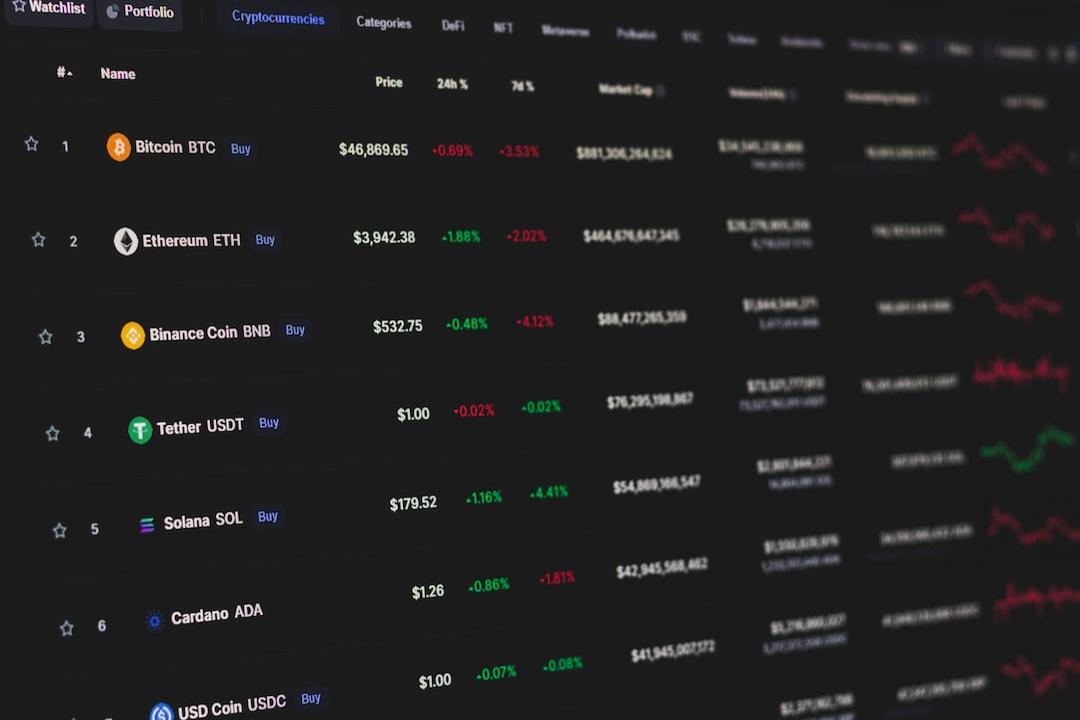There are discussions taking place at the decentralized lending platform Aave regarding the implementation of a “fee switch” that would distribute fees to token holders, according to Marc Zeller, founder of the Aave Chan Initiative. Zeller mentioned that Aave DAO, the community-driven decentralized autonomous organization behind the Aave platform, currently generates approximately $60 million in net profits annually. Aave is a cryptocurrency lending platform that operates primarily on the Ethereum blockchain. It allows borrowers to take out loans using one cryptocurrency as collateral, while depositing another cryptocurrency. The platform is governed by Aave (AAVE) token holders, who collectively form the Aave DAO. Zeller previously indicated the possibility of introducing fees for Aave stakers. He mentioned in a previous post that a new version of the safety module would suggest distributing fees to stakers. In the context of decentralized finance protocols like Aave, a “fee switch” typically refers to a feature or mechanism that enables the activation or deactivation of specific fees or charges. In the case of Aave, the fee switch could allow the distribution of fees collected from transactions or other activities to token holders or participants. The fee switch would provide governance with the ability to control and adjust fee-related policies based on the platform’s needs and objectives. Aave DAO recently approved changes to staking fees for its stablecoin GHO in order to maintain the token’s peg. If Aave DAO decides to activate the fee switch, it will follow in the footsteps of Frax Finance, which recently endorsed a proposal to reintroduce its fee switch. However, on April 5, AaveDAO discussed restrictions on Dai (DAI) collateral. Risk management advisers from Chaos Labs presented a proposal advocating for a 12% reduction in Dai loan-to-value ratios (LTV), which contrasts with Marc Zeller’s proposed 75% reduction. Prior to this, Aave launched a new proposal to set DAI’s loan-to-value ratio to 0% across all Aave deployments. The proposal also recommends removing sDAI incentives from the Merit program starting from Merit Round 2. This move is in opposition to MakerDAO’s rapid D3M plan, which aims to increase the DAI credit line to approximately 600 million DAI per month. Meanwhile, decentralized exchange Uniswap is preparing to introduce its own fee switch proposal, which is expected to be announced in mid-April after a successful temperature check.

